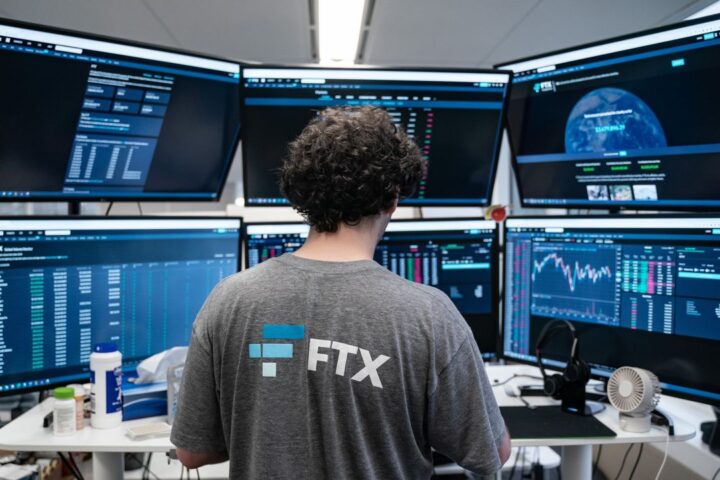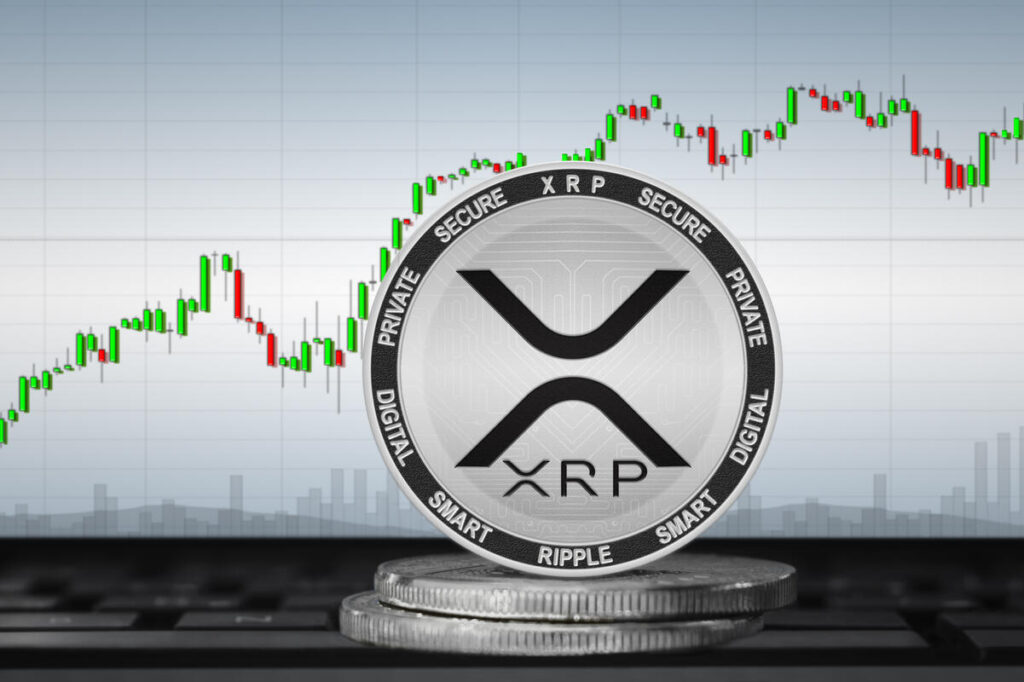Ethereum’s co-founder, Vitalik Buterin, recently issued a warning about the potential risks of overloading Ethereum’s consensus in a blog post.
He stressed the importance of maintaining cryptoeconomic stability, stating that if this consensus were to fail, the recovery process would be closely scrutinized by the vast network of developers and users.
Buterin highlighted the systemic risks that could be introduced by specific techniques, urging for such practices to be discouraged. While the recommendations he presented were broad and did not single out individuals or projects, he drew attention to the high-risk nature of overloading social consensus. As an example, he described a situation where a successful Layer 2 project becomes so large and secure that any significant bug causing a loss of funds would force a community fork to recover the stolen funds.
In addition, he proposed potential solutions to mitigate these risks, including the use of price oracles. These are either “not-quite-cryptoeconomic decentralized oracles” or validator-voting-based oracles that don’t solely rely on appealing to Layer 1 consensus for recovery.
Buterin also recommended reducing dependence on cross-chain bridges, which have seen several attacks over recent years. He further cited the recent PEPE meme coin frenzy, which has not only congested the Ethereum blockchain but also significantly increased gas fees.
The popularity of PEPE has also significantly driven Uniswap’s transaction volume, crossing that of Coinbase in the first week of May, with a volume of $1.2 billion versus Coinbase’s $948 million.
The continuous legal wrangling between Ripple Labs Inc., the firm behind the XRP digital asset, and the US Securities and Exchange Commission (SEC) has seized the attention of the international crypto sphere. The SEC started this lawsuit in December 2020, claiming that Ripple was involved in unregistered securities dealings by selling XRP, viewed by the SEC as a security rather than a currency.
This essential contention over the categorization of XRP has ignited a lengthy and intricate legal fight. Observers from within and outside the crypto sector keenly follow this due to its potential ramifications on the larger industry.
Ripple’s legal fight with the SEC has yielded noteworthy triumphs. These not only reinforce the company’s defense but also establish a benchmark for comparable legal matters in the future.
Among the most significant triumphs was when Judge Sarah Netburn, in charge of the case, agreed to Ripple’s request for access to the SEC’s internal discussions about Bitcoin and Ethereum. This action could disclose the SEC’s internal dialogues and perspectives on the top two cryptocurrencies. Much like XRP, these digital currencies originated as advancements in the fintech sector but faced a different approach from regulators.
The unveiling of these internal discussions could supply critical understanding of the SEC’s methodology for distinguishing a security from a currency – a key aspect of this lawsuit. However, due to the enormous volume of the documents and necessary redactions, both the SEC and Ripple requested an extension for filing these documents.
Ripple achieved another important victory when the court rejected the SEC’s request to examine the personal financial documents of Ripple’s executives. The SEC claimed these records might expose the executives’ financial intentions for selling XRP. Yet, the court deemed this request as irrelevant and overly intrusive, signifying another win for Ripple.
Further, the court backed Ripple’s contention that the SEC didn’t provide clear notice that the sale of XRP could be seen as a securities transaction. This ruling could potentially destabilize the entire SEC’s case, particularly as it argues that the SEC didn’t sufficiently define the status of cryptocurrencies, leaving firms like Ripple in a regulatory ambiguity.
These wins are essential as they give Ripple a robust base for its defense. They pose serious hurdles for the SEC’s case and are pivotal in steering the direction of this lawsuit, which is under close scrutiny due to its potential impact on the cryptocurrency market.
Cryptocurrency exchange behemoth Coinbase (COIN) has expressed its preference for Canada’s regulatory environment over that of the U.S., citing clearer rules and a more engaged approach from regulators in Canada.
Coinbase has been at odds with the U.S. Securities and Exchange Commission (SEC), which has threatened the firm with enforcement action over alleged violations of securities laws. The recent regulatory turbulence in the U.S. has unsettled numerous firms and investors, prompting them to consider alternative jurisdictions.
While Canada has also increased scrutiny of the crypto industry via its Pre-Registration Undertaking (PRU) system for crypto exchanges, this has resulted in some major platforms, such as Binance, exiting the Canadian market. Despite this, Nana Murugesan, Coinbase’s VP of International and Business Development, has affirmed his preference for the Canadian regulatory framework.
During a CoinDesk interview, Murugesan explained: “There are two main approaches from regulators: regulation by engagement and regulation by enforcement. The latter can be challenging due to uncertainty around rules. However, Canada’s regulators exemplify the former approach, which we appreciate.”
Coinbase, which agreed to Canada’s enhanced PRU in March and is primarily regulated by the Ontario Securities Commission (OSC), has a significant presence in Canada, employing around 200 engineers in the country, according to Coinbase Canada Country Director Lucas Matheson.
Coinbase’s next step is to offer a smoother transition from fiat to crypto for its Canadian clientele by adding new payment channels. Matheson noted, “Over the coming months, we plan to incorporate Interac payment channels into our platform.” Interac is Canada’s domestic interbank payment network, connecting local financial institutions with individuals and businesses for digital payment systems.
Coinbase views Canada as a promising market, given the regulatory clarity offered by the country’s regulators and the exit of competitor Binance. Regarding competition, Murugesan added, “Each company follows its own journey, and it appears that recent developments in Canada align well with our strategic direction.”





